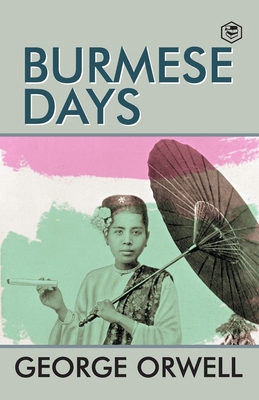All Formats & Editions
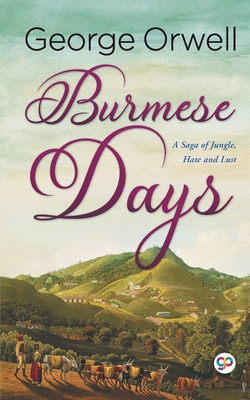
Burmese Days
George Orwell's first novel 'Burmese Days, ' presents a devastating picture of British colonial rule, inspired by his experiences in the Indian Imperial Police in Burma. The story describes both indigenous corruption and imperial bigotry. John Flory is a white timber-merchant...
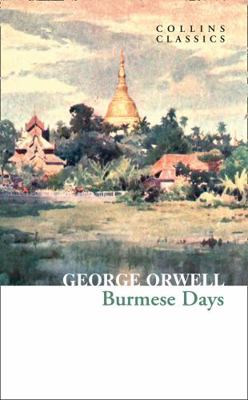
Burmese Days: The Internationally Best Selling ...

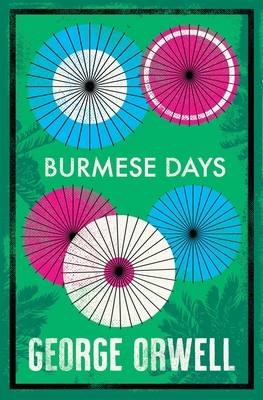
Burmese Days
In the Burmese provincial town of Kyauktada, the world-weary John Flory - a thirty-something English teak dealer - leads a life of quiet disillusionment, hardly mixing with the natives or the expat community, and deriving some comfort only from his conversations with an Indian...
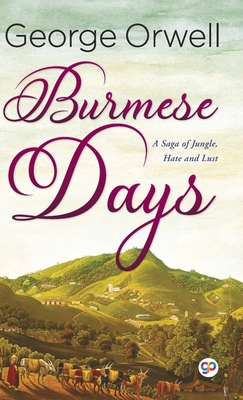
Burmese Days (Hardcover Library Edition)
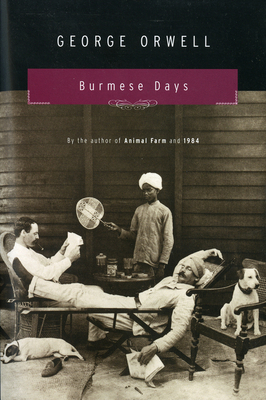
Burmese Days
Honest and evocative, George Orwell's first novel is an examination of the debasing effect of empire on occupied and occupier.
Burmese Days focuses on a handful of Englishmen who meet at the European Club to drink whisky and to alleviate the acute and...
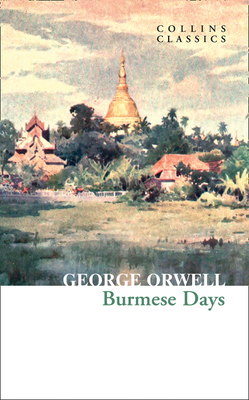
Burmese Days: The Internationally Best Selling ...

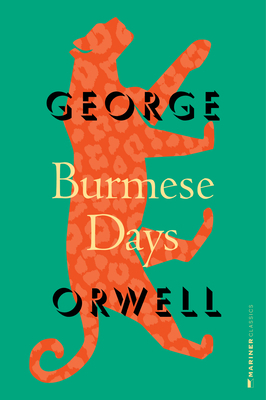
Burmese Days
From one of the world's most influential writers, an evocative, morally sharp first novel that is an examination of the debasing effect of empire on occupied and occupier. Burmese Days focuses on a handful of Englishmen who meet at the European Club...
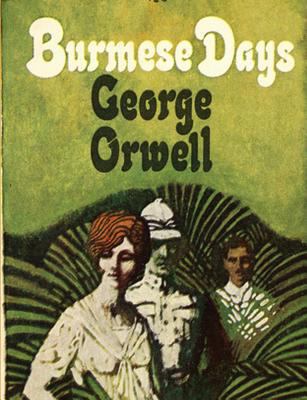
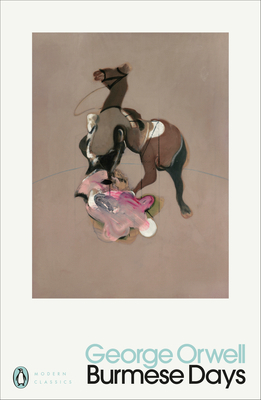
Modern Classics Burmese Days
Based on his experiences as a policeman in Burma, George Orwell's first novel presents a devastating picture of British colonial rule Burmese Days describes corruption and imperial bigotry in a society where, 'after all, natives were natives'. When Flory,...


Modern Classics Burmese Days (Penguin Modern Cl...
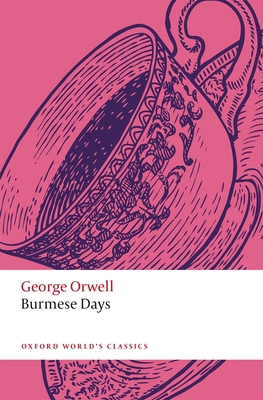
Burmese Days
'...after all, natives were natives - interesting, no doubt, but finally ... an inferior people' Based on his experiences as a policeman in Burma, George Orwell's first novel is set during the end days of British colonialism, when Burma is ruled from Delhi...

Burmese Days
Orwell draws on his years of experience in India to tell this story of the waning days of British imperialism. A handful of Englishmen living in a settlement in Burma congregate in the European Club, drink whiskey, and argue over an impending order to admit a token Asian.

Burmese Days
A novel set in the waning days of the British Empire. It is known for its extravagant language and imagery.

Burmese Days
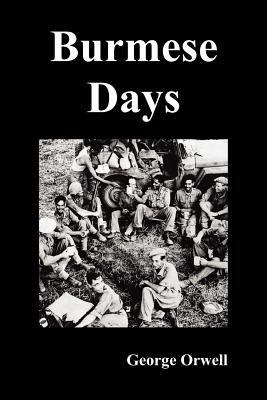


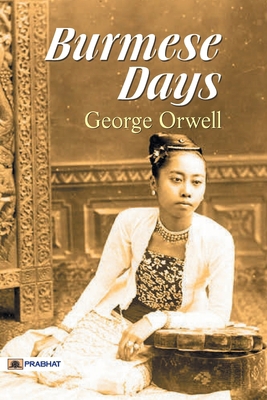
Burmese Days
Set in the days of the Empire, with the British ruling in Burma, Burmese Days describes both indigenous corruption and Imperial bigotry, when 'after all, natives were natives ? interesting, no doubt, but finally only a subject people, an inferior people with black faces'. Against...
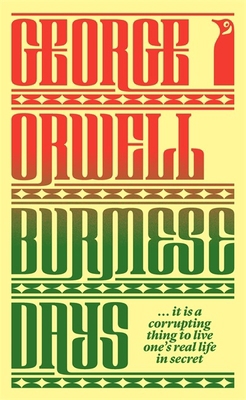
Modern Classics Burmese Days (Penguin Modern Cl...
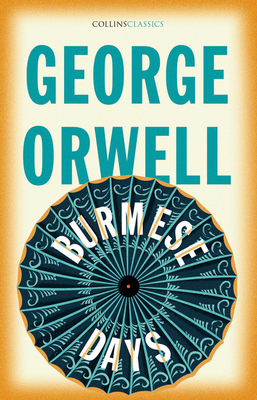
Burmese Days: The Internationally Best Selling ...
